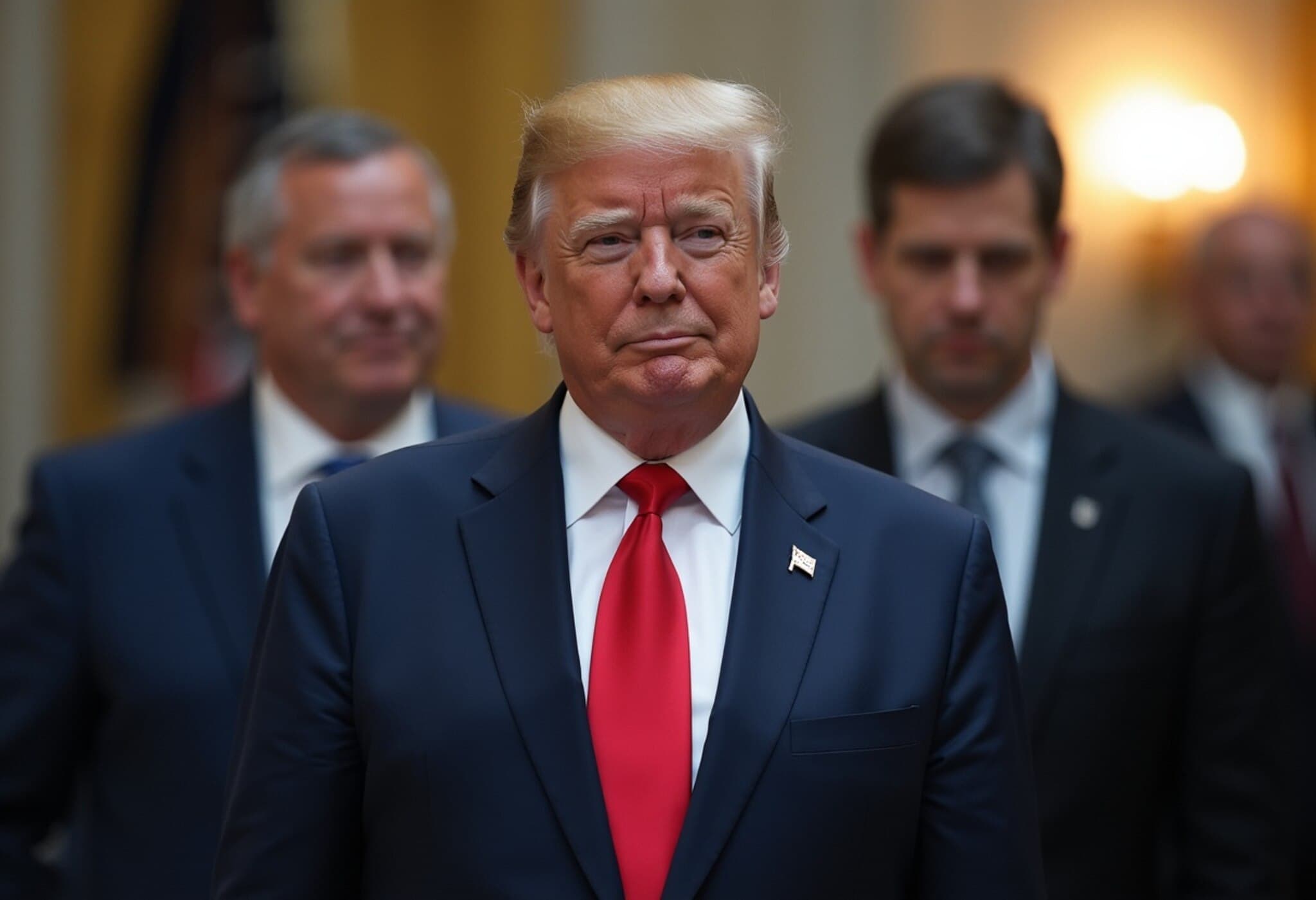European Regulators Scrutinize Robinhood’s Tokenized Stocks Amid OpenAI’s Public Concerns
Robinhood’s innovative yet contentious move to offer blockchain-backed stock tokens has come under the microscope in the European Union, prompting a formal inquiry by the Bank of Lithuania. This follows a clear public distancing by OpenAI, which has warned investors that the so-called 'OpenAI tokens' do not represent actual equity ownership in the company.
What Sparked the Investigation?
The Bank of Lithuania, overseeing Robinhood’s EU operations as its primary regulator after granting it a brokerage and crypto asset service license, issued a statement on Monday indicating it has requested detailed explanations from Robinhood regarding the structure and communications related to stock tokens of high-profile firms like OpenAI and SpaceX.
Giedrius Šniukas, spokesperson for the Bank of Lithuania, told CNBC, "We are awaiting clarifications on the composition of the OpenAI and SpaceX stock tokens and the manner in which Robinhood presents these products to consumers. Only once we evaluate this information can we assess whether these instruments comply with financial regulations. Transparency and honest communication with investors are paramount."
Understanding Robinhood’s Stock Tokens
Robinhood’s new product, launched on June 30, offers retail investors the ability to buy tokenized shares—digital assets backed by blockchain technology—that ostensibly mirror stakes in companies including private entities like OpenAI and SpaceX. The platform markets these tokens as a pathway to unlock access to private market investments, traditionally reserved for institutional investors or venture capitalists.
However, these tokens are not direct ownership shares but represent an indirect exposure via a special purpose vehicle (SPV) that holds the actual equity. This subtle but crucial distinction seems to have caused confusion, as well as regulatory alarm, especially when companies like OpenAI declared that they are not officially affiliated with these offerings.
OpenAI’s Firm Response Raises Questions
Within days of the product release, OpenAI took to social media to clarify that:
- They did not partner with Robinhood on these tokens.
- OpenAI did not authorize or endorse any transfer of equity connected to these tokens.
- Transfers of OpenAI equity require explicit approval from OpenAI—which was not granted in this case.
- Consumers should exercise caution regarding the product.
This public repudiation of Robinhood’s token offering intensified regulatory expectations that the company must clearly disclose such critical caveats to investors, preventing misunderstandings about the nature of the assets.
Broader Implications for the EU and Retail Investors
This controversy highlights growing pains as financial technology firms push boundaries with innovative products that blur lines between traditional securities and digital assets.
Experts note several key considerations:
- Investor Protection: Clear, fair, and non-misleading information is essential, especially for retail investors unfamiliar with the complexities of blockchain and SPVs.
- Regulatory Clarity: EU regulators face the challenge of adapting frameworks to govern these hybrid financial instruments effectively.
- Market Integrity: Unauthorized tokenization of private company shares could expose investors to risks from unapproved equity transfers or liquidity illusions.
Moreover, the case raises crucial questions about the accountability of fintech platforms in verifying consent and legitimacy before tokenizing assets that are not publicly traded or traditionally securitized.
Looking Ahead: What This Means for Robinhood and the Fintech Landscape
Robinhood, which revolutionized retail trading with commission-free stock trades, now faces intensified scrutiny over its foray into stock tokenization. The outcome of the Bank of Lithuania’s review will likely reverberate across the EU and beyond, potentially shaping regulatory approaches to similar tokenized securities platforms.
For investors, this episode serves as a cautionary tale: the allure of novel investment products carries unknown risks, and thorough due diligence—including understanding the underlying legal rights and restrictions—is indispensable.
Expert Perspective
Financial law analyst Dr. Laura Mendelsohn comments, "Robinhood’s stock tokens represent a fascinating intersection of blockchain technology and capital markets, but without proper regulatory guardrails and transparent investor communication, such innovations risk undermining trust and exposing retail investors to unforeseen liabilities."
As regulators weigh their next moves, one thing is clear: innovation in finance must harmonize with investor protection to sustain market confidence.
Editor's Note:
The unfolding situation with Robinhood’s tokenized stocks underscores a pivotal moment in modern finance where cutting-edge technology meets regulatory safeguards. While democratizing access to private market investments is an admirable goal, this case highlights the vital importance of transparent communication, informed consent, and rigorous oversight to protect everyday investors from unintended consequences. Readers are encouraged to stay informed and approach emerging financial products with a critical eye toward legality, clarity, and company backing.



















